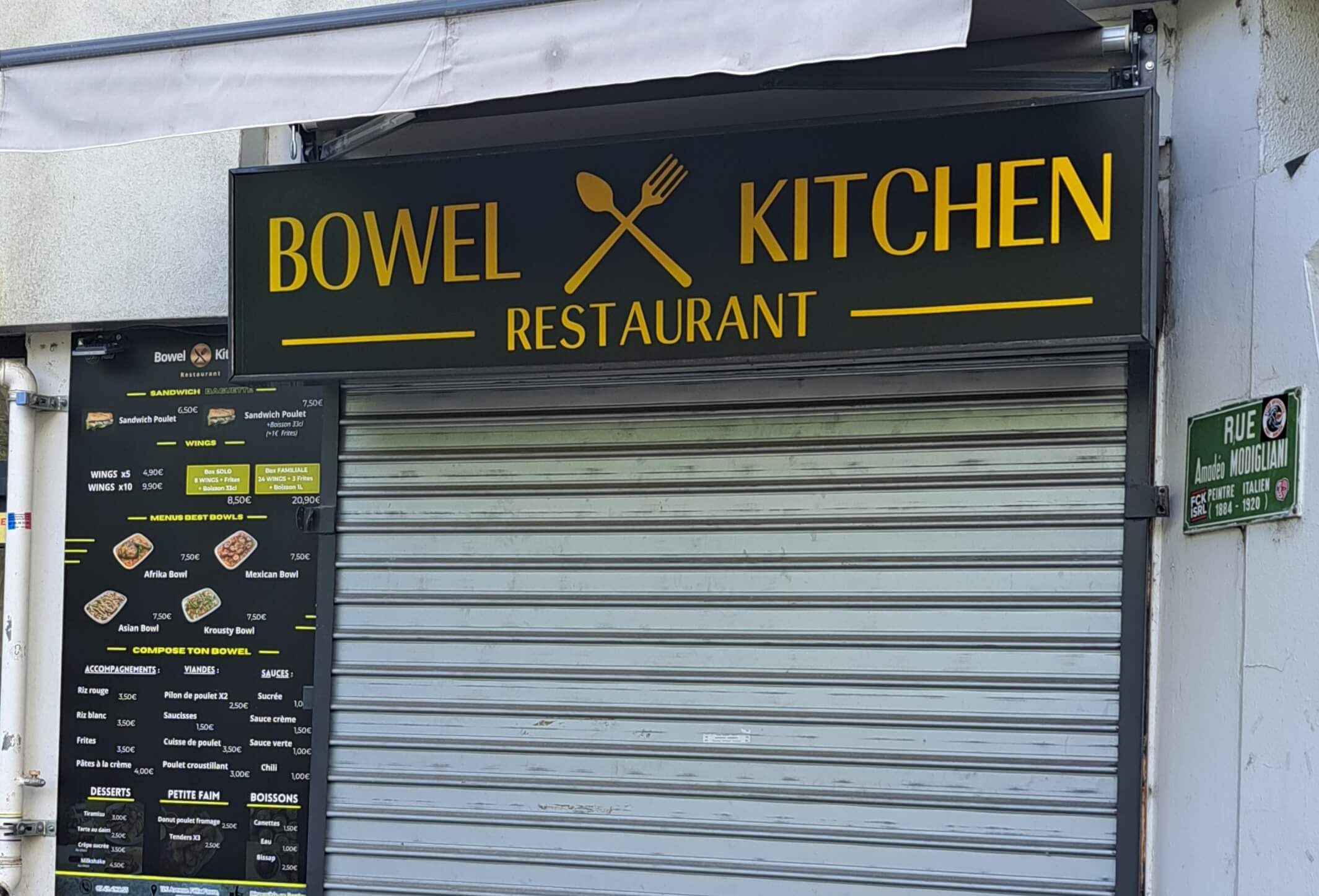Inside France is our weekly look at some of the news, talking points and gossip in France that you might not have heard about. It’s published each Saturday and members can receive it directly to their inbox, by going to their newsletter preferences or adding their email to the sign-up box in this article.
Boiling point
Sometimes in France you get disputes that simmer away in the background for ages and then suddenly erupt onto the national stage. Last year's farmer protests were one example - suddenly going from turning village signposts upside down to nationwide roadblocks and calls to 'besiege Paris' - and this week's taxi protests are another.
Taxi drivers have been protesting for more than a year about plans to lower the fares they can charge for medical transport; taking patients to and from medical appointments in trips that are reimbursed by the state. This week, however, their grievances exploded into the public consciousness via a series of rolling roadblocks, blockades of sites like airports and highly photogenic confrontations with police. PM François Bayrou has now said he will meet with them to discuss their grievances.
At the opposite end of the spectrum are strikes that are billed as likely to cause absolute mayhem, and end up being quite underwhelming. These are often public sector strikes, especially transport strikes, which are talked up in advance by union chiefs - predicting une semaine noire is a standard part of the negotiating process.
There are a whole group of strike/protest soothsayers in France who try to predict where the next disruption will come from, but it's far from a precise science, although there are signs you can learn to read.
READ ALSO How I learned to stop worrying and love French strikes
Talking France
In the latest episode of the Talking France podcast we discuss hospital waiting times, the UK-EU reset and the best place to buy a second home in France (plus Smurfs). Listen here or on the link below.
Napoleon is complex
Here at The Local we're used to slightly left-field questions from readers, but this one was unusual: Why does France still have the Napoleonic Code?
The answer is that it doesn't, really - the civil law code introduced by Napoleon in 1804 has in many areas been revised or rewritten, or superceded by more recent laws or international treaties like the European Convention on Human Rights.
Some parts of it remain in place, however, especially France's strict laws on inheritance rights (which, it turned out, this reader was referring to) which forbid parents from disinheriting their children and give kids equal rights to a parental estate, regardless of where they are in the birth order.
At the time this was quite radical, moving away from the previous 'oldest son inherits all' system, and in fact there are several parts of the Napoleonic code that remain the basis for modern French law.
In many areas, however, the Napoleonic code reversed laws passed after the French Revolution. But to modern sensibilities, it was the legal changes of the Revolution that seem more palatable; legalising homosexuality, outlawing slavery, giving women legal and property rights.
Even the machine that became the symbol of the nightmare that the Revolution descended into was introduced for humanitarian reasons. The guillotine was intended as a humane method of execution and its introduction was part of a legal code that ended barbaric practices like boiling people to death or having them torn apart by horses and ensured a single execution method for all, regardless of class. It also ended the practice of confiscating property from the families of executed criminals.
Offaly unfortunate
And is this France's least appetisingly named restaurant?

A close look at the menu reveals it serves various types of Bowls, so I am persuaded that its name is just an extremely unfortunate spelling mistake. Although I'm not confident enough to back when it's open and try its cuisine (if anyone has eaten at the Bowel Kitchen, do get in touch and tell me what it was like!)
Inside France is our weekly look at some of the news, talking points and gossip in France that you might not have heard about. It’s published each Saturday and members can receive it directly to their inbox, by going to their newsletter preferences or adding their email to the sign-up box in this article.

Comments